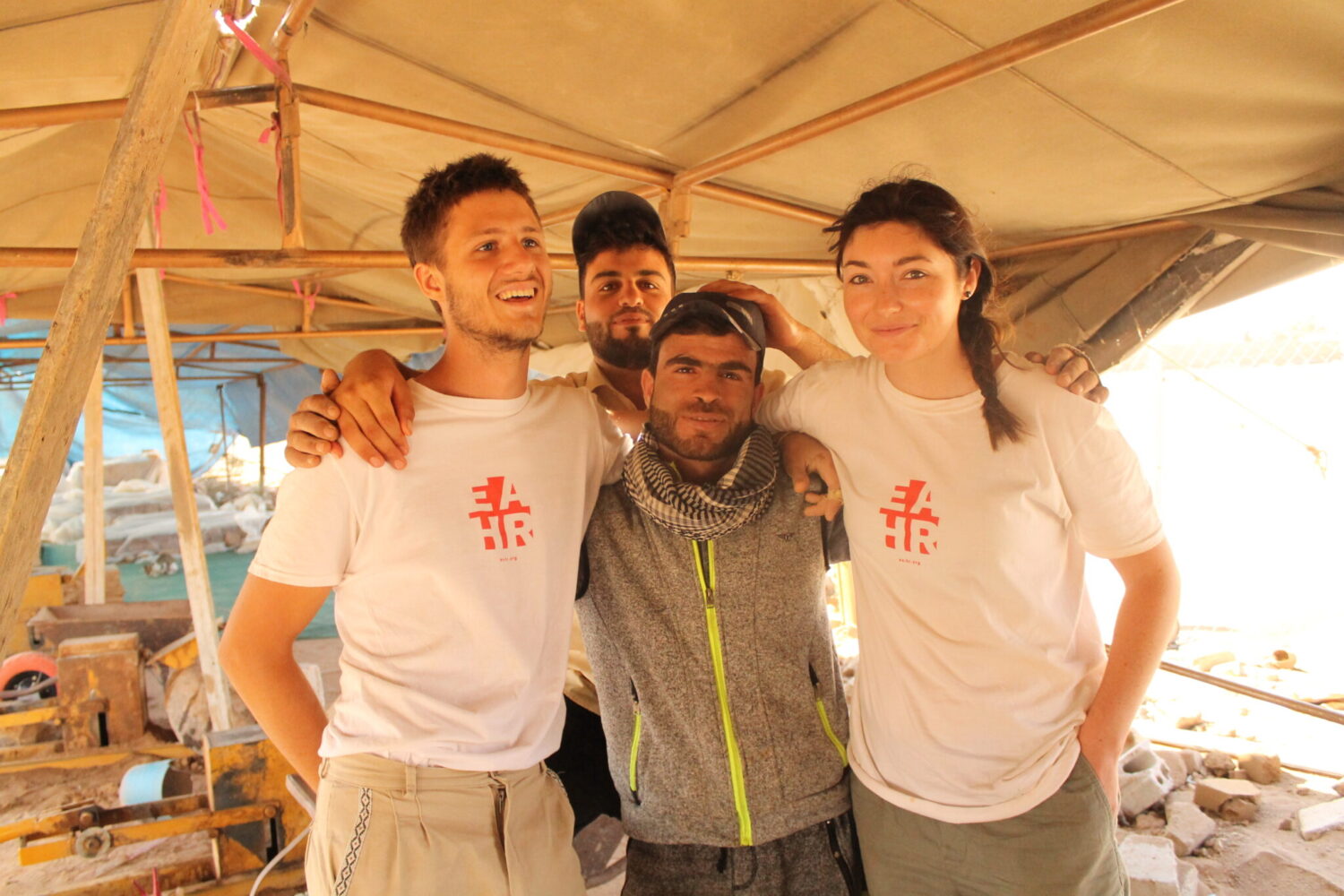News
Communities:
Key Players for a Sustainable Future
Towards Resilient Human Settlements

We are in what some scholars have called the Anthropocene, an era defined by human activities and their impact on earth ecosystems. Even though there is debate on the validity of the concept, what is not debatable is the scale of the effects that humanity has had on our planet in recent history.
There have been many attempts to curve the negative backlash produced by human action, mostly on the environmental aspects of it. Nonetheless it has been too little and too late to make a significant change and to curve the current environmental trends.
At this critical stage, every effort counts, and therefore as an organization we have committed our work to align with the United Nations Sustainable Development Goals, a collection of 17 global goals which are “blueprint to achieve a better and more sustainable future for all”. We have decided to focus our work on the goal 11 aiming to contribute towards “sustainable cities and communities”.
Communities in the global south and in rural areas of the global north, bear the brunt of the consequences associated to climate change. They are disproportionately affected by this phenomenon, creating the necessity to combine traditional knowledge and approaches with new techniques, filling gaps in knowledge and generating more resilient local responses.


Why Communities?
We strongly believe that communities are central in the creation of a better world, each one with their own cultural heritage and approaches to face the diverse challenges and a unique historical grounded knowledge of the conditions and effects of human impact in their environments.
We focus in communities not only because of the particularities, but also because of the key role they play in the complex systems that sustain life as we know it. Communities at different scales unravel in the intersections between urban and rural in a rapidly changing world, and where the inter dependence of inherently rural activities such as food production and urban services is impossible to separate.
Our commitment means understanding the relation of the different spatial, social, economic and political dimensions interacting in these contexts. This is not an easy task, therefore direct participation, co definition of problems and co design of solutions is central into achieving the different goals of the communities.
Undoubtedly there is a long road ahead, for us as an organization, but also in the road to create sustainable communities and ensure a safe future for next generations. Nonetheless, we have started a journey filled with challenges and learning, which you can follow in our website.

